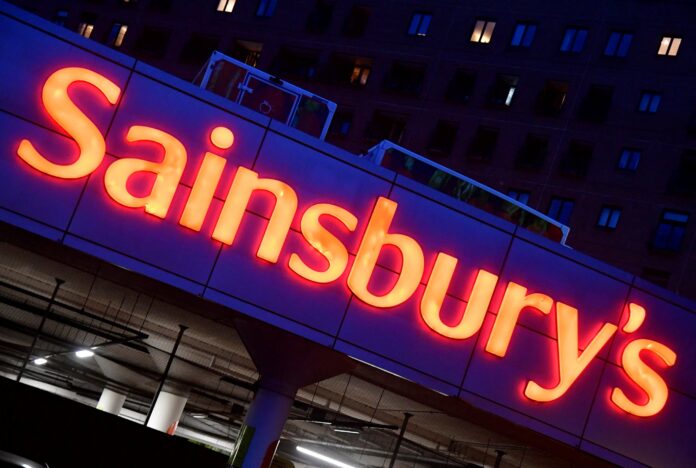Sainsbury’s profits have more than doubled, but the supermarket has warned that harsher days are ahead as consumers’ budgets are stretched.
It made an underlying profit of £730 million in the year to March, up from £357 million the previous year.
Customers are “monitoring every penny” as the cost of living rises, so profits are expected to be lower this year.
Despite rising expenses from suppliers, Sainsbury’s said it was attempting to keep price hikes to a minimum.
Unilever, the consumer products behemoth that owns brands like PG Tips and Marmite, announced on Thursday that its prices have risen dramatically in recent months.
Prices have risen by 8.3% as raw material costs have risen, and Unilever has warned that costs will rise much more in the second half of the year.
Sainsbury’s argued that while it had raised food prices, it had done so at a slower rate than its competitors.
Food prices are rising due to supply chain concerns, the Ukraine conflict, and rising raw material costs.
Sainsbury’s record earnings come as research shows that, as food costs continue to rise, the average food expenditure might jump by £271 this year.
According to Kantar, grocery prices were 5.9% higher in April than they were a year earlier, the largest increase since December 2011.
Sainsbury’s has anticipated reduced profits for the current year, following Tesco, the UK’s largest supermarket.
Due to rising cost constraints and the compression of household incomes, it stated there were “major uncertainties” weighing on the business ahead.
The retailer recorded a 7.6% increase in annual grocery sales from two years ago, owing in part to the COVID limits on dining out.
Non-food sales, on the other hand, have been severely impacted by supply chain issues, with general merchandise sales falling 4.6 per cent in 2019–20.
Unilever said that its increasing prices caused some customers, particularly in Europe and Latin America, to buy fewer of the company’s products.
However, Unilever’s revenues climbed by 7.3 per cent in the first quarter of this year, according to the company.

















